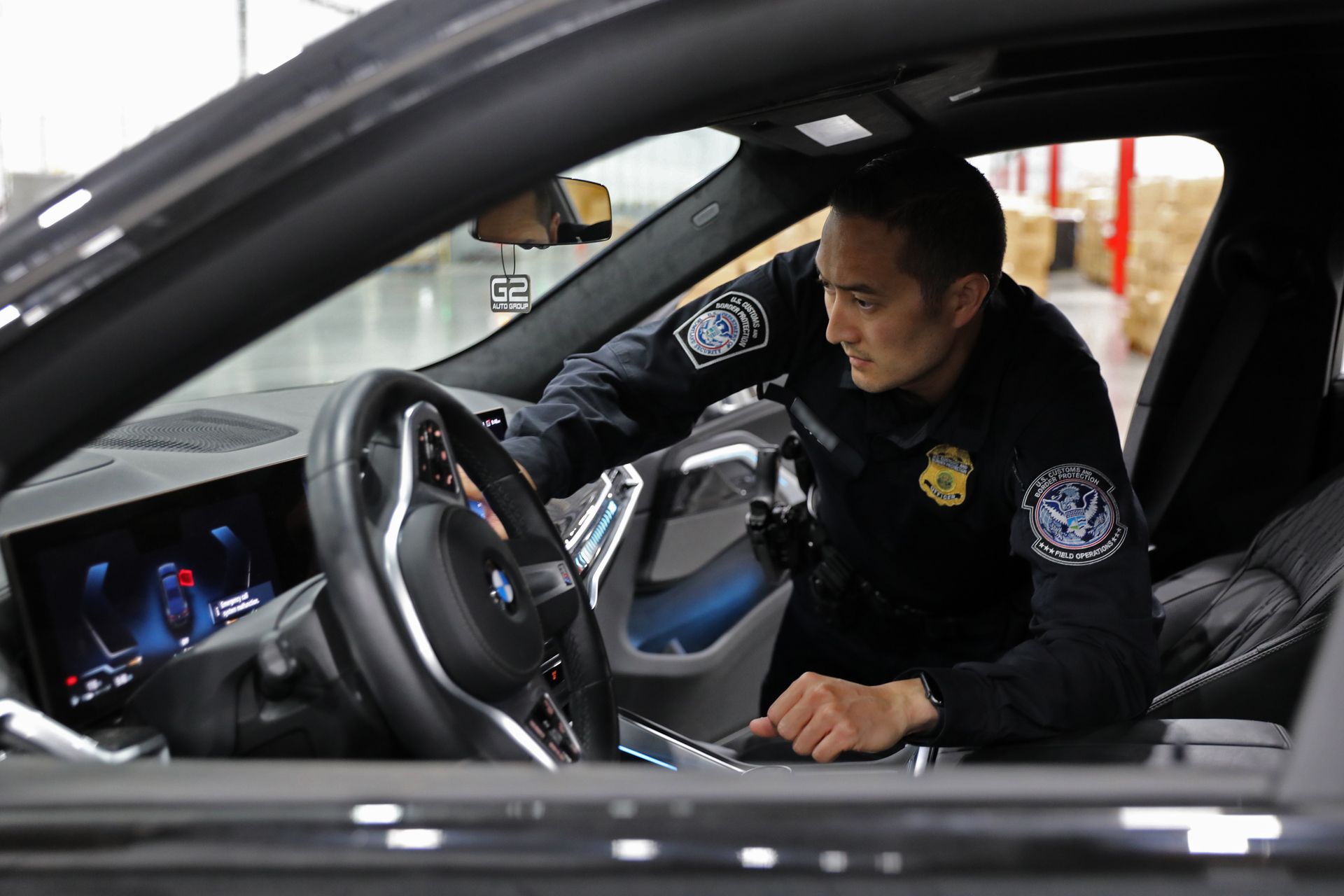The constitutionality of unprovoked, unwarranted searches within 100 miles of any U.S. national border line was challenged by a federal district judge in New York who ruled that authorities must obtain a warrant for a cellphone search. The United States v. Smith case marks a significant discussion around 4th amendment exceptions in U.S. history.
Known as the “border search exception,” the CBP, (U.S. Customs & Border Protection), can search cellphones, luggage, cars, and personal items from anyone 100 miles within a U.S. national border. In 2022, an unprecedented number of device searches occurred, at an all-time high of 45,500. The Supreme Court does not recognize border searches as included within the 4th amendment, and as such, unwarranted, and suspicionless searches are considered permissible.
However, as ruled in Riley v. California (2014), the Supreme Court acknowledged that a modern phone is much different than searches of say luggage and contains much more personal information. “Searching a cell phone will often allow law enforcement to learn all there is to know about its owner’s past movements, communications, and transactions – reams of information that differ quantitatively and qualitatively from the sorts of information a person could ever have carried with him before the advent of modern “smart” phones”, Judge Rakoff contended. This became apparent in Smith's story. On March 2, 2021, CBP agents detained him while he was returning from Jamaica, landing at Newark airport, at which point they took his cell phone, and forced him to reveal his password. The agents proceeded to go through his phone and take an electronic copy. The CBP did all of this weeks before even applying for a warrant.
The court did validate Smith's concerns regarding his 4th amendment rights, and has ruled that “the government may not copy and search an American citizen's cellphone at the border without a warrant absent exigent circumstances”. However, the court denied Jatiek Smith's motion to suppress evidence and to dismiss the indictment.
The fight for required search warrants at U.S. borders is ongoing, and certainly not satisfied by the Smith case. However, it has brought up a critical reinforcement of the 4th amendment, as well as previous matters relating to border searches. More importantly, the Smith case raises the question of whether cellphone searches at borders should be held to a different standard than the warrantless searches border patrol agents have historically been allowed to conduct.
Isabella Houchard
Isabella is an intern at Chen Law Journal and aspires to become a litigator. Outside of academics, she participates in track, writes poetic literature and loves learning about the law.
Email Me




